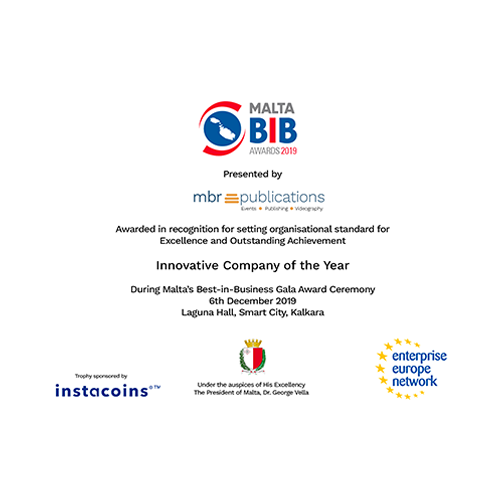On 16 July 2025 the Maltese Government published Bill No. 140 of 2025, setting out far‑reaching amendments to the Citizenship Act. This Bill proposes the formal repeal of the Naturalisation for Exceptional Services by Direct Investment (ESDI) programme and refines Malta’s long‑standing discretionary route for exceptional services into a stronger, merit‑based framework.
Much has been said about this reform following the recent CJEU ruling in Case C‑181/23. Some have framed it as the end of Malta’s participation in citizenship mobility. That interpretation is, in my view, far too narrow. This is not the end of a sector. It is an opportunity to re‑position it, to elevate it, and to ensure it contributes meaningfully to Malta’s legal and economic framework while remaining fully aligned with EU obligations.
The ESDI model, introduced after the earlier IIP schemes, tied naturalisation to a defined level of financial contribution and residence. The Bill will bring that chapter to a close. What changes is that future access to Maltese citizenship will not be a financial transaction, but a decision reserved for those whose contribution is genuinely exceptional. The law broadens the scope of what may be considered “exceptional interest to Malta,” allowing the Minister to recognise achievements in innovation, research, entrepreneurship, cultural and philanthropic work, and job creation that ties in with Malta’s Vision 2050. Importantly, these amendments are not introducing a completely new idea: Malta has always had a discretionary path for exceptional services. The law is now strengthening that path and re‑directing it.
Far from closing the door, Malta is signalling that it wants to attract a different profile of applicant, one whose presence adds measurable value and whose contribution endures. This is where the opportunity lies. Rather than operating a purely transactional scheme, Malta is shaping a model that other EU jurisdictions have long embraced, ensuring our framework stands scrutiny while still remaining competitive.
In Article 25B, the substitution of “for exceptional services” with “on the basis of merit” is more than a simple change in wording. It broadens the interpretation of eligibility and ties directly into Malta’s effort to align with EU guidance. As I review the Bill in detail, this particular amendment stands out as one that invites thoughtful examination. The practical criteria for “merit” are yet to be tested, and the legal community will no doubt debate its scope as the framework develops.
It is true that the amendments remove references to accredited agents. But it would be wrong to assume that expert guidance is no longer necessary. Quite the opposite. A discretionary model demands more strategic input, more careful preparation, and more nuanced presentation of a client’s profile. Middle‑men in the sense of experienced advisors, lawyers, and consultants remain vital in interpreting the criteria, preparing the evidence, and navigating the process. The absence of a formal agent regime does not mean applicants can simply proceed alone; the complexity of a merit‑based application arguably makes competent guidance even more important.
For those of us who have worked in this field for years, this change is a challenge but also an opening. It allows Malta to grow a more reputable, more sustainable segment of the global mobility sector – one that contributes to the national framework and aligns with EU principles rather than testing them. It requires a different approach, but it keeps the door open to those who can truly add value.
At immVest International, we welcome this evolution and are ready to guide clients through it. We will continue to monitor the Bill as it progresses through Parliament in the weeks ahead and will share updates as the practical details emerge. Malta remains an attractive jurisdiction within the European Union. What changes is the standard: citizenship will be reserved for those who stand out.
If you would like to explore how these changes may affect your plans, I would be pleased to discuss further.
By Dr. Aidan Cutajar – immVest International










